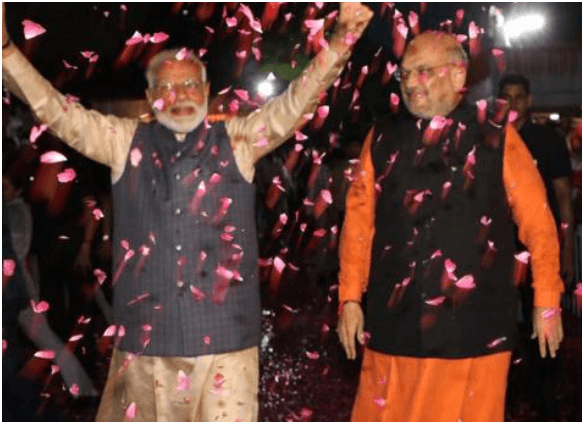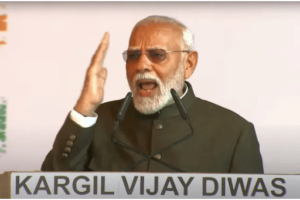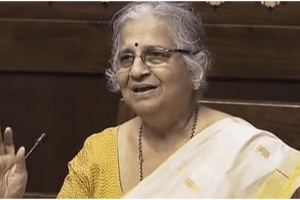BJP Secures 240 Seats, Congress Claims 99: Detailed Election Results Inside
In a highly anticipated electoral showdown, the Bharatiya Janata Party (BJP) has emerged victorious, clinching a commanding 240 seats, while the Indian National Congress (INC) has claimed 99 seats, according to the latest election results. The battle for political supremacy has captivated the nation, with both parties vying for power and influence in the world’s largest democracy.
The BJP’s resounding victory underscores the party’s widespread appeal and organizational prowess, as it secured a decisive mandate from voters across the country. Riding on a wave of populist sentiment and promises of economic prosperity, the BJP managed to consolidate its support base and expand its electoral footprint in key battleground states.
On the other hand, the Indian National Congress, while facing setbacks in certain regions, has managed to retain a significant presence in the political landscape, capturing 99 seats in the parliamentary elections. Despite facing challenges and internal rifts, the INC has demonstrated resilience and tenacity, rallying behind its leadership to put up a formidable fight against its opponents.
The election results paint a complex picture of India’s political landscape, with regional parties and independent candidates also making significant gains in various states. From Uttar Pradesh to Maharashtra, from West Bengal to Tamil Nadu, the electoral map reflects a mosaic of competing interests and ideologies, highlighting the diverse tapestry of India’s democratic fabric.
As the dust settles and the winners celebrate their triumphs, the focus now shifts to governance and policy-making. With a clear mandate, the BJP faces the daunting task of delivering on its campaign promises, ranging from economic reforms and infrastructure development to social welfare and national security.
Meanwhile, the Indian National Congress, despite falling short of expectations, remains a formidable opposition force, poised to hold the ruling party accountable and champion the cause of the marginalized and disenfranchised.
Beyond the numbers and political calculations, the election results underscore the vibrancy of India’s democratic ethos, where every vote counts and every voice matters. As the nation charts its course forward, it must confront pressing challenges such as economic inequality, social unrest, and environmental degradation with courage and conviction.
In conclusion, the BJP’s victory with 240 seats and the Congress’s claim of 99 seats in the parliamentary elections signal a new chapter in India’s political journey. As the country navigates the complexities of governance and nation-building, it must draw upon the spirit of unity and resilience that defines its rich tapestry of diversity and democracy.
As the dust of the electoral fervor settles, pundits and analysts are dissecting the intricate dynamics that shaped the outcome of the elections. Factors such as voter turnout, campaign strategies, and regional alliances are being scrutinized to glean insights into the underlying trends and patterns that influenced voters’ decisions.
The BJP’s electoral triumph can be attributed to a combination of factors, including its robust grassroots organization, charismatic leadership, and effective communication strategy. The party’s emphasis on nationalism, security, and development resonated with a broad swath of the electorate, particularly in rural and urban areas where aspirations for progress run high.
Conversely, the Indian National Congress faces introspection and soul-searching in the aftermath of the elections. Despite its efforts to reconnect with voters and revitalize its organizational machinery, the party failed to translate its rhetoric into electoral gains in several key battleground states.
Challenges such as leadership vacillation, factionalism, and a lack of coherent messaging have plagued the Congress, hindering its ability to present a united front and offer a compelling alternative to the ruling party. In the wake of the electoral setback, calls for introspection and structural reforms within the party are growing louder, as members grapple with the implications of yet another electoral defeat.
Beyond the binary of victory and defeat lies a deeper narrative of democratic resilience and citizen empowerment. Despite the cacophony of political rhetoric and partisan divides, the elections serve as a testament to the enduring spirit of democracy, where the will of the people prevails and electoral outcomes shape the trajectory of the nation.
Stay informed with the latest updates – click here .












Add Comment